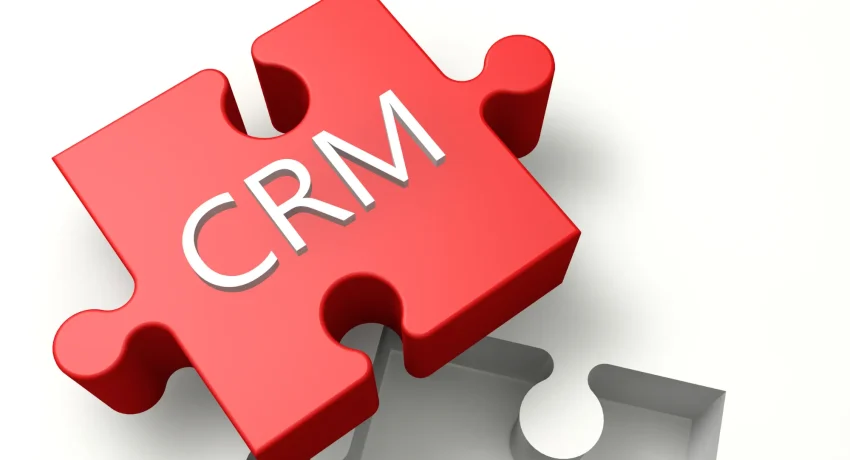In this article, we explore how businesses use CRM for team scheduling, the benefits it brings, and how integrating CRM and scheduling software helps streamline operations.
What Is CRM in the Context of Team Scheduling?
CRM refers to tools and strategies used to manage customer interactions and data. However, as business demands evolve, CRM platforms have grown into comprehensive hubs that support not just customer data, but also internal team coordination.
In the context of team scheduling, CRM systems are used to:
-
Assign tasks to team members
-
Set priorities and deadlines
-
Schedule client meetings and internal events
-
Track availability and capacity of staff
-
Monitor progress and task completion
Why Integrate Scheduling with CRM?
Integrating scheduling features within CRM platforms allows businesses to manage both customer relations and team logistics from a single interface. This improves visibility, accountability, and operational efficiency.
Key Benefits of CRM-Based Team Scheduling
-
Centralized Information: All team schedules, customer interactions, and project timelines are housed in one system.
-
Improved Communication: Team members can access real-time updates and notifications within the CRM.
-
Resource Optimization: Managers can view workloads and allocate resources accordingly.
-
Enhanced Customer Service: With better internal scheduling, teams are more responsive to client needs.
Use Cases of CRM for Team Scheduling
1. Sales Team Coordination
Sales departments often juggle multiple client meetings, follow-ups, and demos. A CRM with scheduling capabilities allows sales reps to:
-
Book meetings directly with leads and prospects
-
Sync schedules with client availability
-
Coordinate with teammates on handovers and collaborations
Salesforce and HubSpot are examples of platforms that combine CRM and scheduling software to streamline sales workflows.
2. Customer Support and Service Appointments
In service-oriented industries, scheduling customer appointments efficiently is critical. CRMs help:
-
Assign support tickets to available reps
-
Set appointments with clients based on technician availability
-
Automate reminders and follow-ups
For instance, service teams can integrate CRM calendars with Google or Outlook to ensure no overlap or delays in client interactions.
3. Project Management and Internal Task Scheduling
Teams working on complex projects benefit from CRM-based task assignment and scheduling features. Features often include:
-
Gantt charts and timelines
-
Drag-and-drop scheduling
-
Dependencies and milestones
Tools like Zoho CRM and Monday.com blend CRM and scheduling software functions to allow seamless task tracking and cross-departmental collaboration.
4. Marketing Campaign Planning
Marketing teams use CRM tools to plan content calendars, campaign launches, and event promotions. Scheduling in the CRM ensures:
-
Tasks are assigned to content creators and designers
-
Deadlines are monitored
-
Launch dates are synchronized across channels
This ensures a coherent and timely marketing strategy that aligns with broader business goals.
Key Features to Look For in CRM and Scheduling Software
When choosing a CRM for team scheduling, businesses should consider platforms that offer the following features:
-
Integrated Calendar: Syncs with external tools and displays all team activities
-
Task Management Tools: Enables assigning, tracking, and updating tasks
-
Automated Notifications: Keeps team members informed of deadlines and changes
-
Mobile Access: Allows on-the-go scheduling and updates
-
User Permissions: Controls access to sensitive information based on roles
These features ensure that the CRM is more than just a database — it becomes an operational command center.
Popular CRM and Scheduling Software Tools
Many modern CRM platforms offer built-in or integratable scheduling capabilities. Some top tools include:
-
HubSpot CRM: Known for user-friendly interfaces and built-in meeting scheduling tools
-
Zoho CRM: Offers calendar syncing, task assignment, and workflow automation
-
Salesforce: Provides robust scheduling through integrations and custom modules
-
Monday.com: Combines CRM features with powerful visual scheduling tools
These platforms allow businesses to blend customer management with operational efficiency seamlessly.
Challenges and How to Overcome Them
While CRM-based scheduling offers significant benefits, some businesses face hurdles:
-
Learning Curve: Adopting a new CRM system or integrating scheduling features can require training
-
Data Overload: Without proper filters, too much information can clutter the dashboard
-
Integration Issues: Not all CRM platforms sync smoothly with external scheduling tools
To overcome these, businesses should:
-
Invest in onboarding and training
-
Customize dashboards for specific roles
-
Choose platforms with strong API support for integrations
Future Trends in CRM and Scheduling Integration
The future of CRM and scheduling lies in automation and AI. Emerging trends include:
-
Predictive Scheduling: AI analyzes historical data to optimize future team schedules
-
Smart Recommendations: Suggests optimal meeting times or task assignments
-
Voice-Activated Scheduling: Integration with voice assistants for hands-free planning
As CRM systems evolve, the distinction between customer relationship tools and team productivity platforms will continue to blur.
Conclusion
CRM systems are no longer just for sales and customer support. Businesses are increasingly using them for internal operations, particularly team scheduling. By combining CRM and scheduling software, companies can manage both external relationships and internal workflows in one integrated system. This leads to improved efficiency, better team coordination, and enhanced customer experiences.
For businesses looking to streamline operations, investing in a CRM with strong scheduling capabilities isn’t just a convenience — it’s a competitive advantage.











